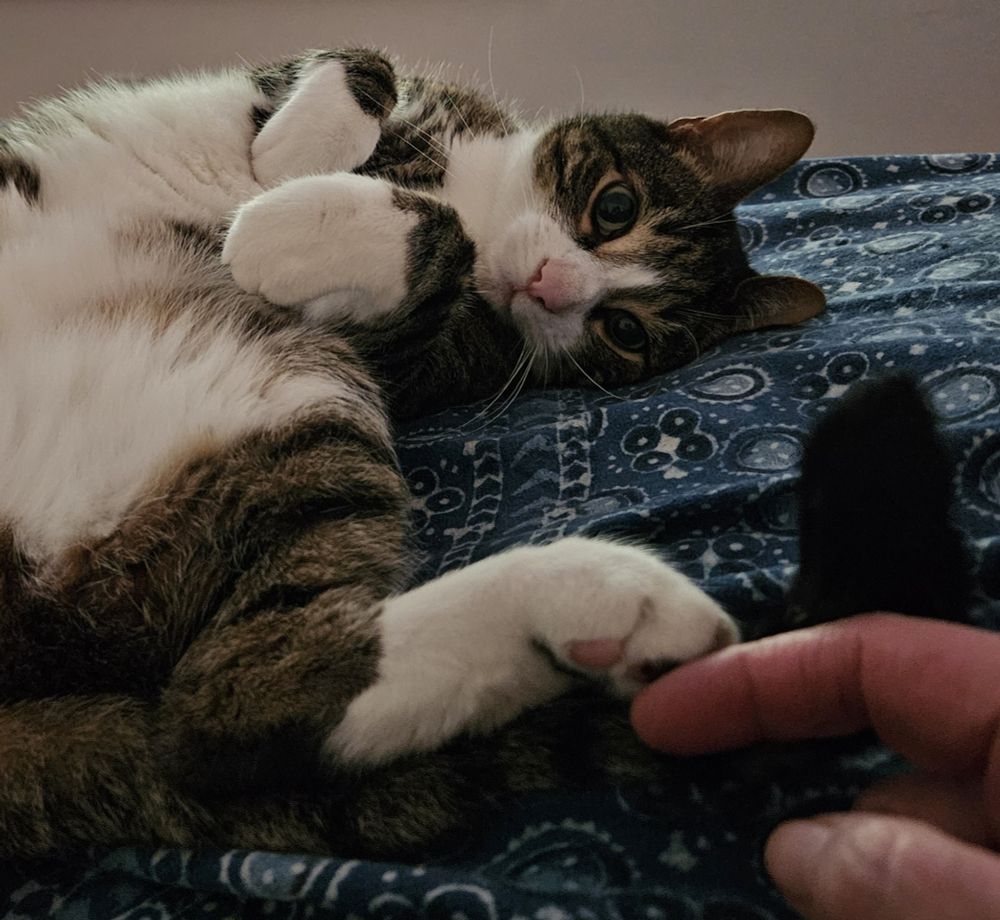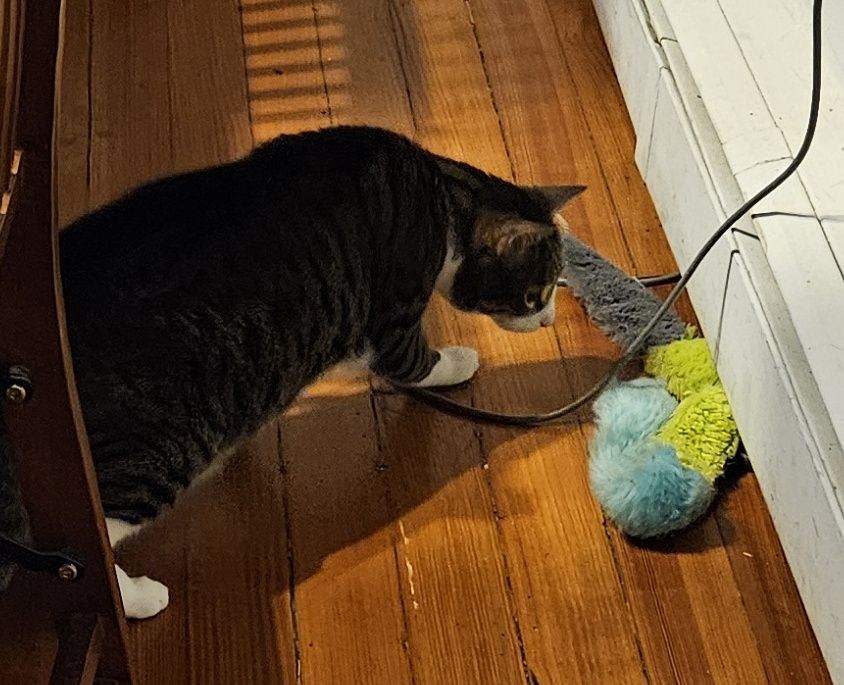Rana Mitter,
Forgotten Ally: China’s World War II, 1937–1945: China fought imperial/Axis Japan, mostly alone (though far from unified), for a long time. A useful reminder that the US saw things through its own lens and that its positive and negative beliefs about Chiang Kai-Shek, in particular, were based on American perspectives distant from actual events.
Gregg Mitman,
Empire of Rubber: Firestone’s Scramble for Land and Power in Liberia: Interesting story of imperialist ambition and forced labor in a place marked by previous American intervention; a little too focused on reminding the reader that the author knows that the views he’s explaining/quoting are super racist, but still informative.
Alexandra Edwards,
Before Fanfiction: Recovering the Literary History of American Media Fandom:
( fun read )Stefanos Geroulanos,
The Invention of Prehistory: Empire, Violence, and Our Obsession with Human Origins: Wide-ranging argument that claims about prehistory are always distorted and distorting mirrors of the present, shaped by current obsessions. (Obligatory Beforeigners prompt: that show does a great job of sending up our expectations about people from the past.) This includes considering some groups more “primitive” than others, and seeing migrants as a “flood” of undifferentiated humanity. One really interesting example: Depictions of Neandertals used to show them as both brown and expressionless; then they got expressions at the same time they got whiteness, and their disappearance became warnings about white genocide from another set of African invaders.
J.C. Sharman,
Empires of the Weak: The Real Story of European Expansion and the Creation of the New World: Challenges the common narratives of European military superiority in the early modern world (as opposed to by the 19th century, where there really was an advantage)—guns weren’t very good and the Europeans didn’t bring very many to their fights outside of Europe. Likewise, the supposed advantages of military drill were largely not present in the Europeans who did go outside Europe, often as privately funded ventures. Europeans dominated the seas, but Asian and African empires were powerful on land and basically didn’t care very much; Europeans often retreated or relied on allies who exploited them right back. An interesting read. More generally, argues that it’s often hard-to-impossible for leaders to figure out “what worked” in the context of state action; many states that lose wars and are otherwise dysfunctional nevertheless survive a really long time (see, e.g., the current US), while “good” choices are no guarantee of success. In Africa, many people believed in “bulletproofing” spells through the 20th century; when such spells failed, it was because (they said) of failures by the user, like inchastity, or the stronger magic of opponents. And our own beliefs about the sources of success are just as motivated.
Emily Tamkin,
Bad Jews: A History of American Jewish Politics and Identities: There are a lot of ways to be an American Jew. That’s really the book.
Roland Barthes,
Mythologies (tr. Annette Lavers & Richard Howard): A bunch of close readings of various French cultural objects, from wrestling to a controversy over whether a young girl really wrote a book of poetry. Now the method is commonplace, but Barthes was a major reason why.
Robert Gerwarth,
November 1918: The German Revolution: Mostly we think about how the Weimar Republic ended, but this book is about how it began and why leftists/democratic Germans thought there was some hope. Also a nice reminder that thinking about Germans as “rule-followers” is not all that helpful in explaining large historical events, since they did overthrow their governments and also engaged in plenty of extralegal violence.
Mason B. Williams,
City of Ambition: FDR, La Guardia, and the Making of Modern New York: Mostly about La Guardia, whose progressive commitments made him a Republican in the Tammany Hall era, and who allied with FDR to promote progressivism around the country. He led a NYC that generated a huge percentage of the country’s wealth but also had a solid middle class, and during the Great Depression used government funds to do big things (and small ones) in a way we haven’t really seen since.
Charan Ranganath,
Why We Remember: Unlocking Memory's Power to Hold on to What Matters: Accessible overview of what we know about memory, including the power of place, chunking information, and music and other mnemonics. Also, testing yourself is better than just rereading information—learning through mistakes is a more durable way of learning.
Cynthia Enloe,
Twelve Feminist Lessons of War: War does things specifically to women, including the added unpaid labor to keep the home fires burning, while “even patriotic men won’t fight for nothing.” Women farmers who lack formal title to land are especially vulnerable. Women are often told that their concerns need to wait to defeat the bad guys—for example, Algerian women insurgents “internalized three mutually reinforcing gendered beliefs handed down by the male leaders: first, the solidarity that was necessary to defeat the French required unbroken discipline; second, protesting any intra-movement gender unfairness only bolstered the colonial oppressors and thus was a betrayal of the liberationist cause; third, women who willingly fulfilled their feminized assigned wartime gendered roles were laying the foundation for a post-colonial nation that would be authentically Algerian.” And, surprise, things didn’t get better in the post-colonial nation. Quoting Marie-Aimée Hélie-Lucas: “Defending women’s rights ‘now’ – this now being any historical moment – is always a betrayal of the people, of the revolution, of Islam, of national identity, of cultural roots . . .”
Ned Blackhawk,
The Rediscovery of America: American history retold from a Native perspective, where interactions with/fears of Indians led to many of the most consequential decisions, and Native lands were used to solve (and create) conflicts among white settlers.
Sophie Gilbert,
Girl on Girl : How Pop Culture Turned a Generation of Women Against Themselves:
( Read more... )Ta-Nehisi Coates,
The Message: Short but not very worthwhile book about Coates navel-gazing and then traveling to Israel and seeing that Palestinians are subject to apartheid.
Thomas Hager,
Electric City: The Lost History of Ford and Edison’s American Utopia: While he was being a Nazi, Ford was also trying to take over Muscle Shoals for a dam that would make electricity for another huge factory/town. This is the story of how he failed because a Senator didn’t want to privatize this public resource.
Asheesh Kapur Siddique,
The Archive of Empire: Knowledge, Conquest, and the Making of the Early Modern British World: What is the role of records in imperialism? Under what circumstances do imperialists rely on records that purport to be about the colonized people, versus not needing to do so? Often their choices were based on inter-imperialist conflicts—sometimes the East India Company benefited from saying it was relying on Indian laws, and sometimes London wanted different things.
Thomas C. Schelling
The Strategy of Conflict: Sometimes when you read a classic, it doesn’t offer much because its insights have been the building blocks for what came after. So too here—if you know any game theory, then very little here will be new (and there’s a lot of math) but that doesn’t mean it wasn’t vital. Also notable: we’ve come around again to deterring (or not) the Russians.



